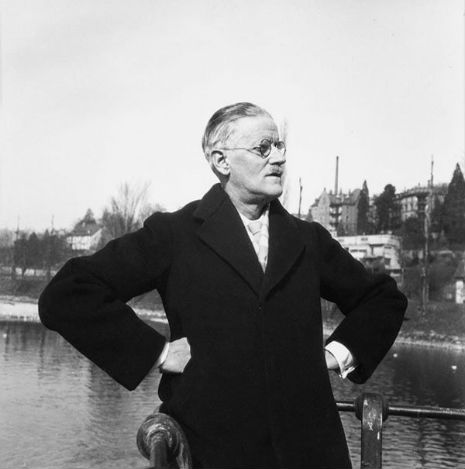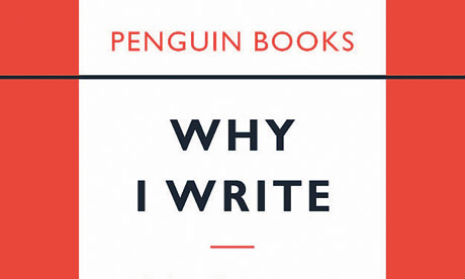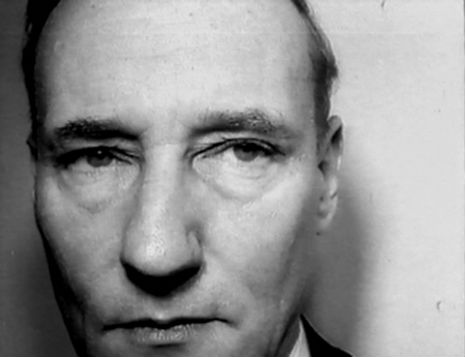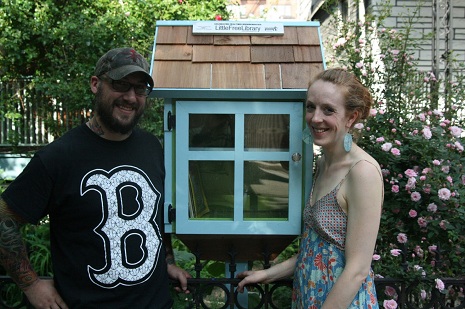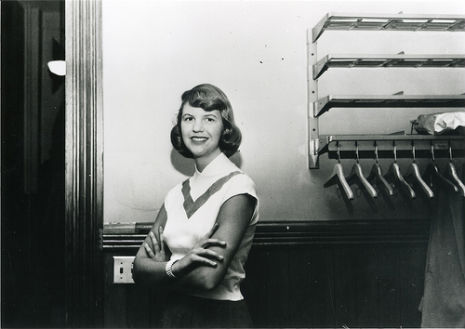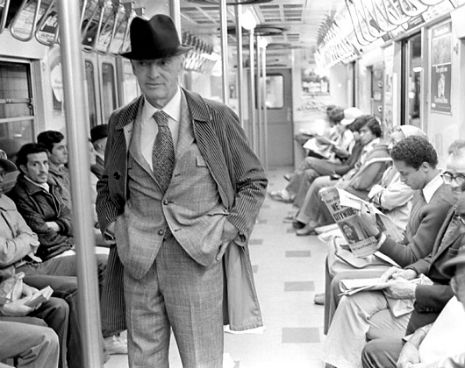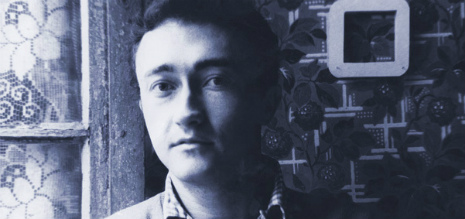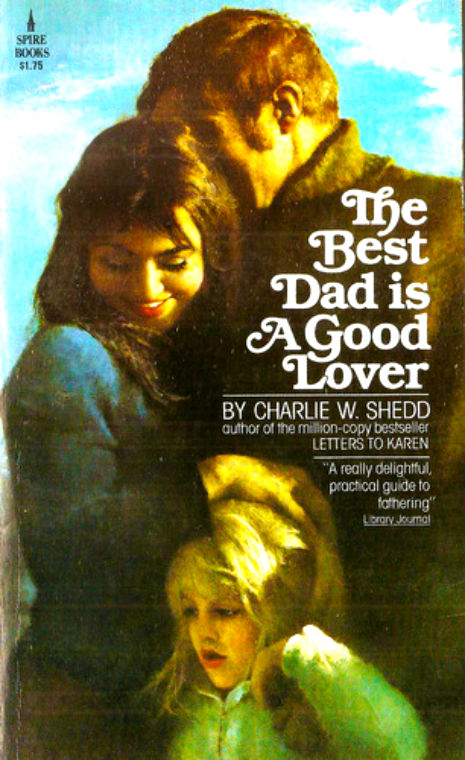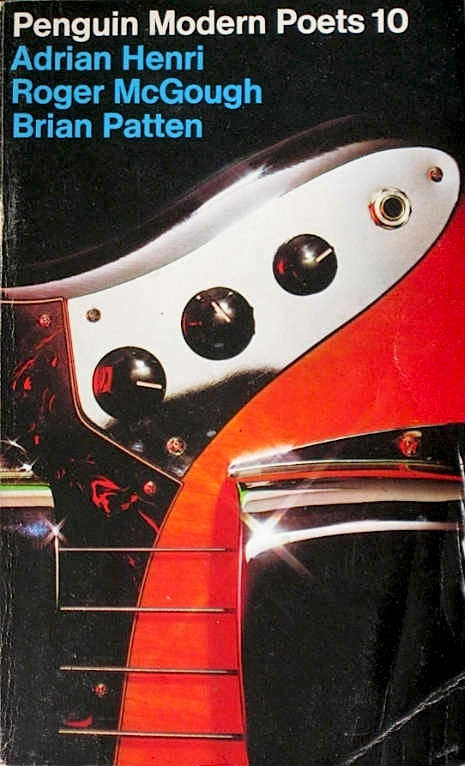
Oh is this good. It’s almost too good.
Director Henry Jaglom and the great Orson Welles knew each other pretty well. The younger man was one of the participants in Welles’ legendary but never-completed satire of Hollywood, The Other Side of the Wind, and Jaglom directed Welles himself as an actor in his first film, 1971’s with A Safe Place (which co-starred Jack Nicholson, Tuesday Weld and Phil Proctor from The Firesign Theatre) as well as Welles’ final film performance, 1987’s Someone to Love.
They had lunch together from time to time at Ma Maison in Los Angeles. Welles, like Malcolm McClaren and Quentin Crisp, was a gent who was happy to sing for his supper as long as the tab got picked up. Jaglom also recorded their conversations and transcripts from these tapes are being published in a new book titled My Lunches With Orson: Conversations Between Henry Jaglom and Orson Welles by Peter Biskind.
New York Magazine’s current issue has a few delicious, bitchy excerpts:
Henry Jaglom: By the way, I was just reading Garson Kanin’s book on Tracy and Hepburn.
Orson Welles: Hoo boy! I sat in makeup during Kane, and she was next to me, being made up for A Bill of Divorcement. And she was describing how she was fucked by Howard Hughes, using all the four-letter words. Most people didn’t talk like that then. Except Carole Lombard. It came naturally to her. She couldn’t talk any other way. With Katie, though, who spoke in this high-class, girl’s-finishing-school accent, you thought that she had made a decision to talk that way. Grace Kelly also slept around, in the dressing room when nobody was looking, but she never said anything. Katie was different. She was a free woman when she was young. Very much what the girls are now. I was never a fan of Tracy.
Henry Jaglom: You didn’t find him charming as hell?
Orson Welles: No, no charm. To me, he was just a hateful, hateful man. I think Katie just doesn’t like me. She doesn’t like the way I look. Don’t you know there’s such a thing as physical dislike? Europeans know that about other Europeans. If I don’t like somebody’s looks, I don’t like them. See, I believe that it is not true that different races and nations are alike. I’m profoundly convinced that that’s a total lie. I think people are different. Sardinians, for example, have stubby little fingers. Bosnians have short necks.
Henry Jaglom: Orson, that’s ridiculous.
Orson Welles: Measure them. Measure them!
I never could stand looking at Bette Davis, so I don’t want to see her act, you see. I hate Woody Allen physically, I dislike that kind of man.
Henry Jaglom: I’ve never understood why. Have you met him? [Jaglom is forgetting about Casino Royale]
Orson Welles: Oh, yes. I can hardly bear to talk to him. He has the Chaplin disease. That particular combination of arrogance and timidity sets my teeth on edge.
And as if THAT conversational gem wasn’t enough, try this LOL anecdote on for size:
Henry Jaglom: What is wrong with your food?
Orson Welles: It’s not what I had yesterday.
Henry Jaglom: You want to try to explain this to the waiter?
Orson Welles: No, no, no. One complaint per table is all, unless you want them to spit in the food. Let me tell you a story about George Jean Nathan, America’s great drama critic. Nathan was the tightest man who ever lived, even tighter than Charles Chaplin. And he lived for 40 years in the Hotel Royalton, which is across from the Algonquin. He never tipped anybody in the Royalton, not even when they brought the breakfast, and not at Christmastime. After about ten years of never getting tipped, the room-service waiter peed slightly in his tea. Everybody in New York knew it but him. The waiters hurried across the street and told the waiters at Algonquin, who were waiting to see when it would finally dawn on him what he was drinking! And as the years went by, there got to be more and more urine and less and less tea. And it was a great pleasure for us in the theater to look at a leading critic and know that he was full of piss. And I, with my own ears, heard him at the ‘21’ complaining, saying, “Why can’t I get tea here as good as it is at the Royalton?” That’s when I fell on the floor, you know.
Henry Jaglom: They keep writing in the papers that, ever since Wolfgang Puck left, this place has gone downhill.
Orson Welles: I don’t like Wolfgang. He’s a little shit. I think he’s a terrible little man.
This book can’t make it into my hands fast enough! In just the short excerpt in New York magazine, Welles dishes on all of the above, plus “super agent” Irving “Swifty” Lazar (who he accuses of being a germaphobe) and fucks off Richard Burton and Elizabeth Taylor, too! Peter Biskind’s My Lunches With Orson: Conversations Between Henry Jaglom and Orson Welles is published by Metropolitan Books.






